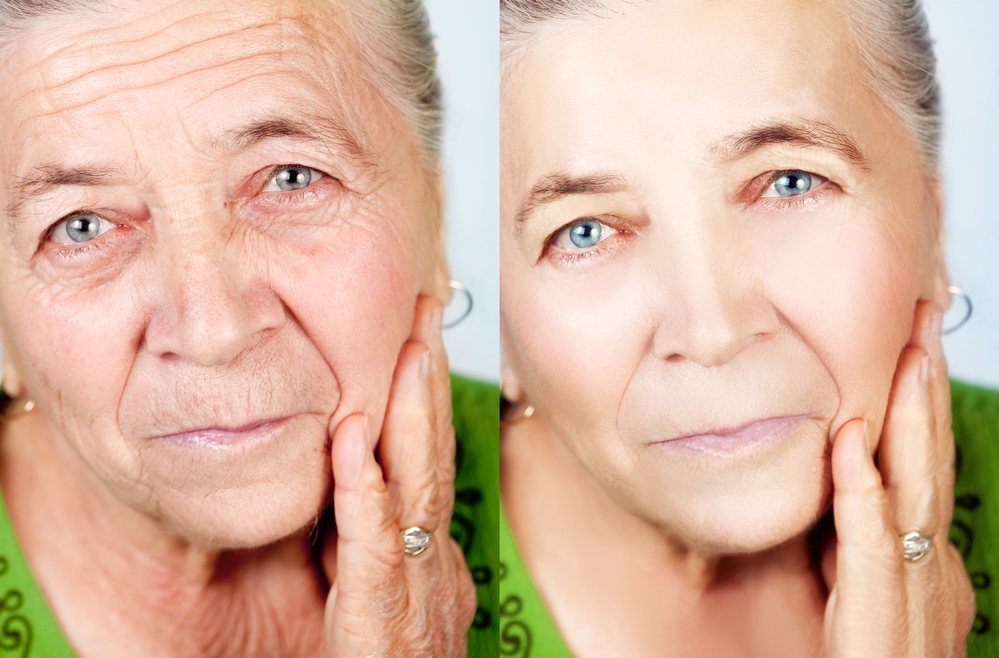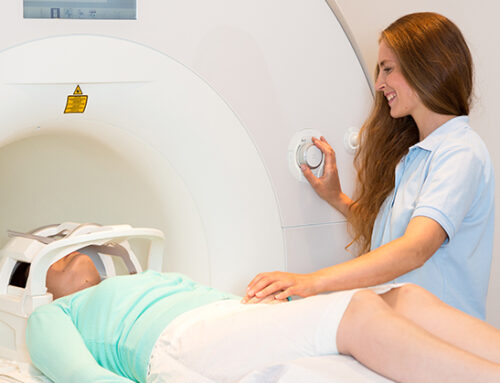As a 65-year-old, I’m resigned to not being as fresh and pretty as someone in their twenties. Looking in the mirror can be a bit depressing, but I don’t dwell on it.
But it gets to some people in a really big way. This has given rise to what might seem an unlikely proposition: The idea that cosmetic surgery can reduce the risk of Alzheimer’s.
Could a face-lift, nose job, breast implant or tummy tuck possibly help some of us delay dementia?
Superficially, the idea might seem silly, but not if you look into the matter deeply. At least that’s what a leading plastic surgeon suggests.
Physical Appearance Affects Mental Health
Foad Nahai, MD, FACS, is a Professor at the Division of Plastic and Reconstructive Surgery, Emory University School of Medicine, Atlanta.
In an article entitled Could Aesthetic Surgery Impact Alzheimer’s Risk?, he suggests that if people have a negative attitude to aging and to their own appearance, this can have adverse effects on their mental health.
By looking at a younger face in the mirror, self-esteem can be boosted and this can benefit the brain.
For evidence of the connection between attitudes and mental health, he draws on several studies.
In the first, a team from Yale interviewed 158 people in their forties. Nearly three decades later the same participants had brain scans.
The researchers found those with negative views about growing older had three times as much brain shrinkage in the hippocampus – an area critical to memory – than those with positive views. The people who fretted about getting old also had increased levels of amyloid plaques and tau tangles that are associated with Alzheimer’s.
Botox Relieves Depression
There is a close association between late life depression and cognitive impairment. And in a recent study, depression was shown to increase the progression that leads from mild cognitive impairment to full-blown dementia.
This fascinating study shows the role Botox can play.
85 people with major depression received either a single treatment of Botox in the ‘frown muscles’ between the eyebrows, or saline solution as a placebo. Six weeks later, levels of depression fell by 47% in the Botox group compared to only 21% in those given saline.
This suggests Botox and other cosmetic treatments, by decreasing depression, can reduce the risk of dementia.
Dr. Nahai puts it this way: “People might think that linking cosmetic surgery with Alzheimer’s trivializes it; however, studies have repeatedly shown that Botox can be an effective treatment for depression, another serious condition.”
Have Facelift, Live Longer
For further evidence, he points to a 2001 Mayo Clinic study of 250 women with an average age of 60 who had face-lifts between 1970 and 1975.
Although life expectancy at the time was 73, the average age of those that had died was nearly 81¾, while two-thirds of the group were still alive with an average age of 84.
The face-lift patients had a life expectancy more than a decade beyond the general female population. But the study begs the question of whether people in this group are more affluent or simply take better care of themselves.
Affluent people in general live longer. And it seems likely that people who care enough about their looks to have a facelift would also develop healthy habits, e.g. keeping their weight down.
But, let us give cosmetic surgery the benefit of the doubt. At the very least, the Mayo study suggests it could translate to a longer and healthier life. It may enhance self-esteem and optimism, and possibly spur people to make a greater commitment to health and fitness,
Dr. Nahai certainly thinks so.
“Attitudes about aging could, directly or indirectly, through stress or other mechanisms, affect brain chemistry. Having a more positive attitude toward growing older may result when individuals feel empowered to exert greater control over their own personal aging process through aesthetic intervention.”
My take: I guess if the wrinkles and sags are really getting you down – and you can afford the procedures – get the cosmetic surgery. But it seems to me it might be wiser to be less attached to material things and learn to rejoice in life the way it is. If you’re stressing about your looks, what else are you stressing about? A lot, would be my guess. And that’s not good for you.
As we discuss in this newsletter and in our books, there are a great many things you can do to prevent or reverse dementia – regular exercise, good sleep, healthy diet, balanced blood sugar, wholesome food, selected supplements. Cosmetic surgery is low on the list. And by the way, all those healthy habits will make you look better, too – without surgery.
- http://asj.oxfordjournals.org/content/36/7/858
- https://www.ncbi.nlm.nih.gov/pubmed/26641877
- https://www.ncbi.nlm.nih.gov/pubmed/24345483
- https://www.ncbi.nlm.nih.gov/pubmed/27593962
- https://www.ncbi.nlm.nih.gov/pubmed/26680599
- http://www.surgery.org/media/news-releases/facelift—-does-looking-younger-help-you-live-longerIf







